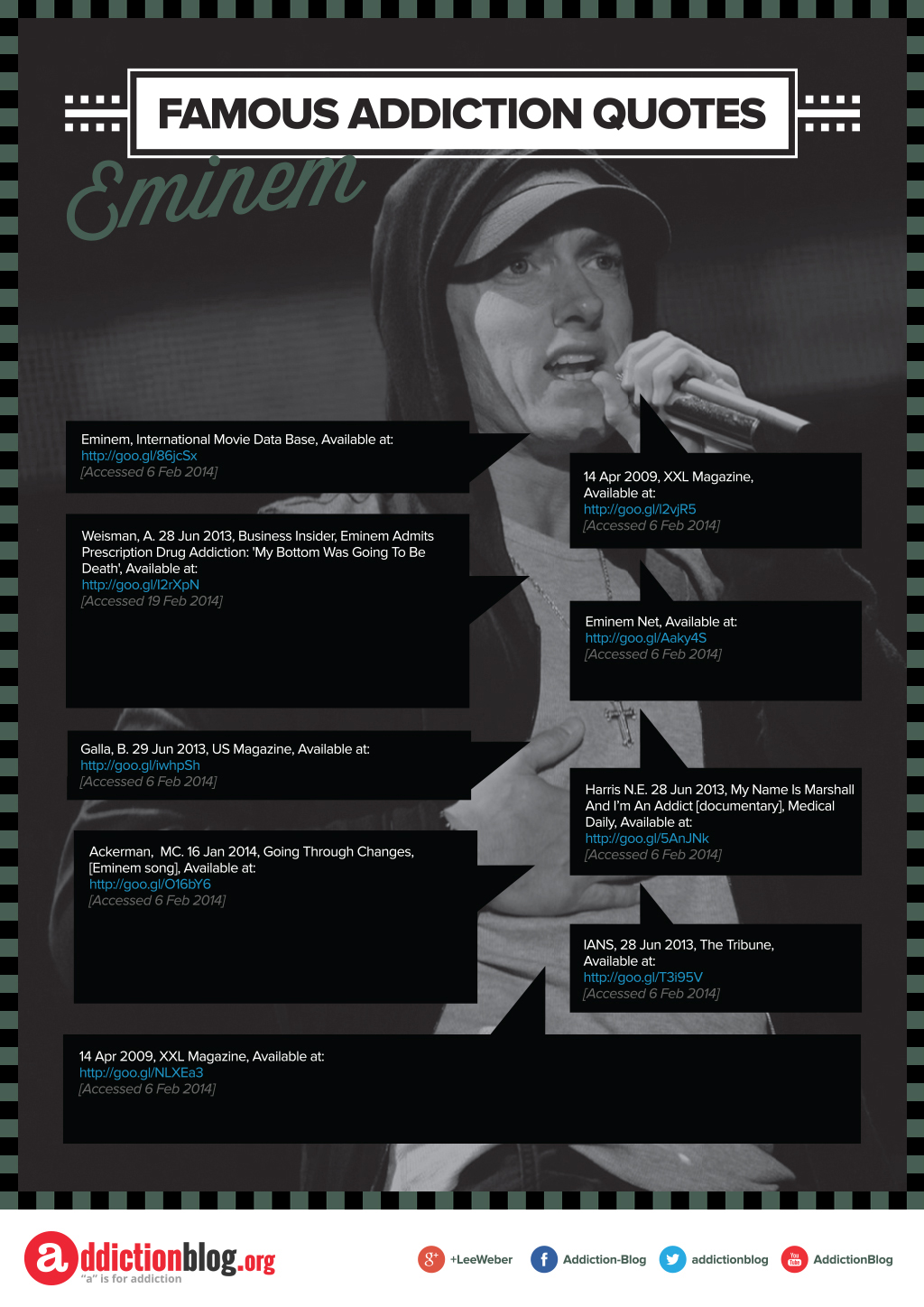Why Aftercare In Drug Rehab Is Vital For Long-Term Recuperation. Find Out How Support Group Can Aid You Stay Sober And Construct A Satisfying Life
Why Aftercare In Drug Rehab Is Vital For Long-Term Recuperation. Find Out How Support Group Can Aid You Stay Sober And Construct A Satisfying Life
Blog Article
Web Content By-Carrillo Butcher
You can't do it alone. Recuperation from drug dependency requires a strong support group.
The significance of aftercare in drug rehab can not be overemphasized. In this article, we will certainly check out the duty of counseling, the benefits of therapy, and the structure provided by peer support system in preserving sobriety.
So, https://www.telegraph.co.uk/global-health/climate-and-people/everyones-using-mozambique-scrambles-stem-rising-tide-drug-addiction/ of coffee, relax, and let us assist you via the important actions of post-rehabilitation assistance.
The Role of Counseling in Aftercare
If you intend to maintain your soberness after leaving rehabilitation, it's vital that you continue participating in therapy sessions as part of your aftercare strategy.
Therapy plays a crucial duty in your healing trip by providing recurring support, support, and a safe space to share your sensations and worries.
Through therapy, you can attend to any underlying problems that may have contributed to your dependency, create dealing methods, and learn much healthier methods to take care of stress and anxiety and yearnings.
It allows you to resolve any type of unsolved emotions and create a far better understanding of yourself and your triggers.
The Advantages of Treatment in Keeping Sobriety
To preserve your sobriety, therapy can give countless benefits.
- Therapy uses a safe room for you to explore and address the underlying concerns that may have added to your addiction.
- It allows you to resolve your emotions and establish much healthier ways of managing stress and triggers.
- Through therapy, you can obtain a better understanding of yourself and your patterns of behavior, which can help you make favorable changes in your life.
- In addition, therapy offers you with a support group of professionals that are trained to guide and assist you on your journey to healing.
- They can supply useful understandings, devices, and strategies to help you browse the obstacles that might emerge.
- In therapy, you can find out to develop healthy coping abilities, build resilience, and enhance your total health.
Peer Support Groups: A Foundation for Lasting Recuperation
You can discover long-term healing by proactively joining peer support system and getting in touch with others who share similar experiences and objectives.
Peer support system offer a secure and non-judgmental area where individuals in healing can integrate to share their battles, successes, and insights. By actively participating in these groups, you can receive the assistance and support you require to stay on the course of recovery.
Getting in touch with others that've experienced comparable experiences can be exceptionally encouraging, as it assists you realize that you aren't alone in your journey. It likewise permits you to pick up from others who've successfully gotten over similar challenges. Together, you can commemorate turning points, hold each other answerable, and deal assistance and recommendations.
Via these connections, you can construct a solid support system that will certainly help you browse the ups and downs of recuperation and ultimately discover enduring recovery and improvement.
Final thought
You have actually found out about the vital duty of aftercare in drug rehabilitation. https://blogfreely.net/corey54leora/grasping-the-art-of-addiction-healing-begins-with-recognizing-the-brains , treatment, and peer support groups contribute to lasting healing. Below's a shocking statistic to understand the size of the issue: studies show that people that obtain aftercare therapy are 50% most likely to keep sobriety contrasted to those that do not.
So, picture the transformative power of these support systems in assisting individuals redeem their lives and build a brighter, drug-free future.
